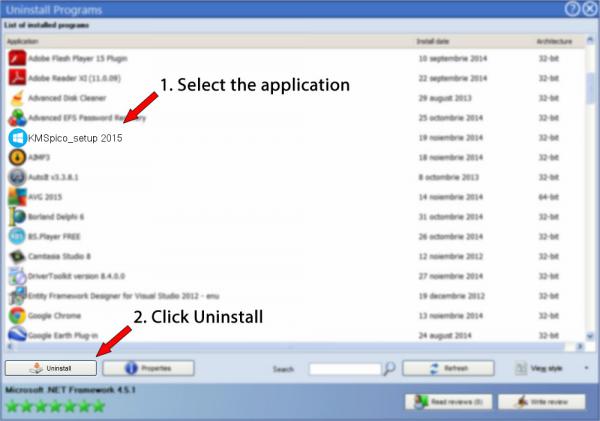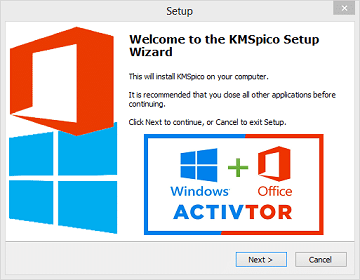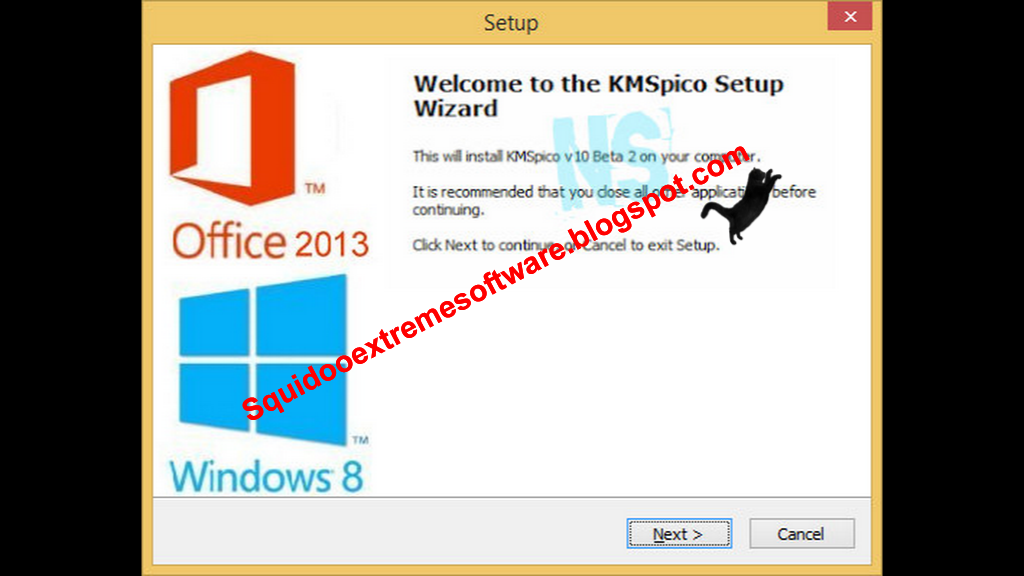

"" wrote 52 bytes to a remote process "C:\Users\%USERNAME%\AppData\Local\Temp\is-50CQ1.tmp\KMSpico_setup.tmp" (Handle: 164) "" wrote 32 bytes to a remote process "C:\Users\%USERNAME%\AppData\Local\Temp\is-50CQ1.tmp\KMSpico_setup.tmp" (Handle: 164)

"" wrote 4 bytes to a remote process "C:\Users\%USERNAME%\AppData\Local\Temp\is-50CQ1.tmp\KMSpico_setup.tmp" (Handle: 164) "" wrote 1500 bytes to a remote process "%TEMP%\is-50CQ1.tmp\KMSpico_setup.tmp" (Handle: 164) Reads terminal service related keys (often RDP related) Remote desktop is a common feature in operating systems. Reads the registry for installed applicationsĪdversaries may attempt to get information about running processes on a system.Īdversaries may attempt to get a listing of open application windows.

Reads information about supported languages Queries volume information of an entire harddriveĪdversaries may interact with the Windows Registry to gather information about the system, configuration, and installed software. The input sample is signed with a certificateĪdversaries may interact with the Windows Registry to hide configuration information within Registry keys, remove information as part of cleaning up, or as part of other techniques to aid in ] and ].Īdversaries may attempt to gather information about attached peripheral devices and components connected to a computer system. The input sample is signed with an invalid certificate Process injection is a method of executing arbitrary code in the address space of a separate live process.Īllocates virtual memory in a remote processĬode signing provides a level of authenticity on a binary from the developer and a guarantee that the binary has not been tampered with. Installs hooks/patches the running process Windows processes often leverage application programming interface (API) functions to perform tasks that require reusable system resources.

Opens the Kernel Security Device Driver (KsecDD) of Windows Loadable Kernel Modules (or LKMs) are pieces of code that can be loaded and unloaded into the kernel upon demand. On Linux and Apple systems, multiple methods are supported for creating pre-scheduled and periodic background jobs: cron,Die.Īdversaries may execute a binary, command, or script via a method that interacts with Windows services, such as the Service Control Manager.


 0 kommentar(er)
0 kommentar(er)
